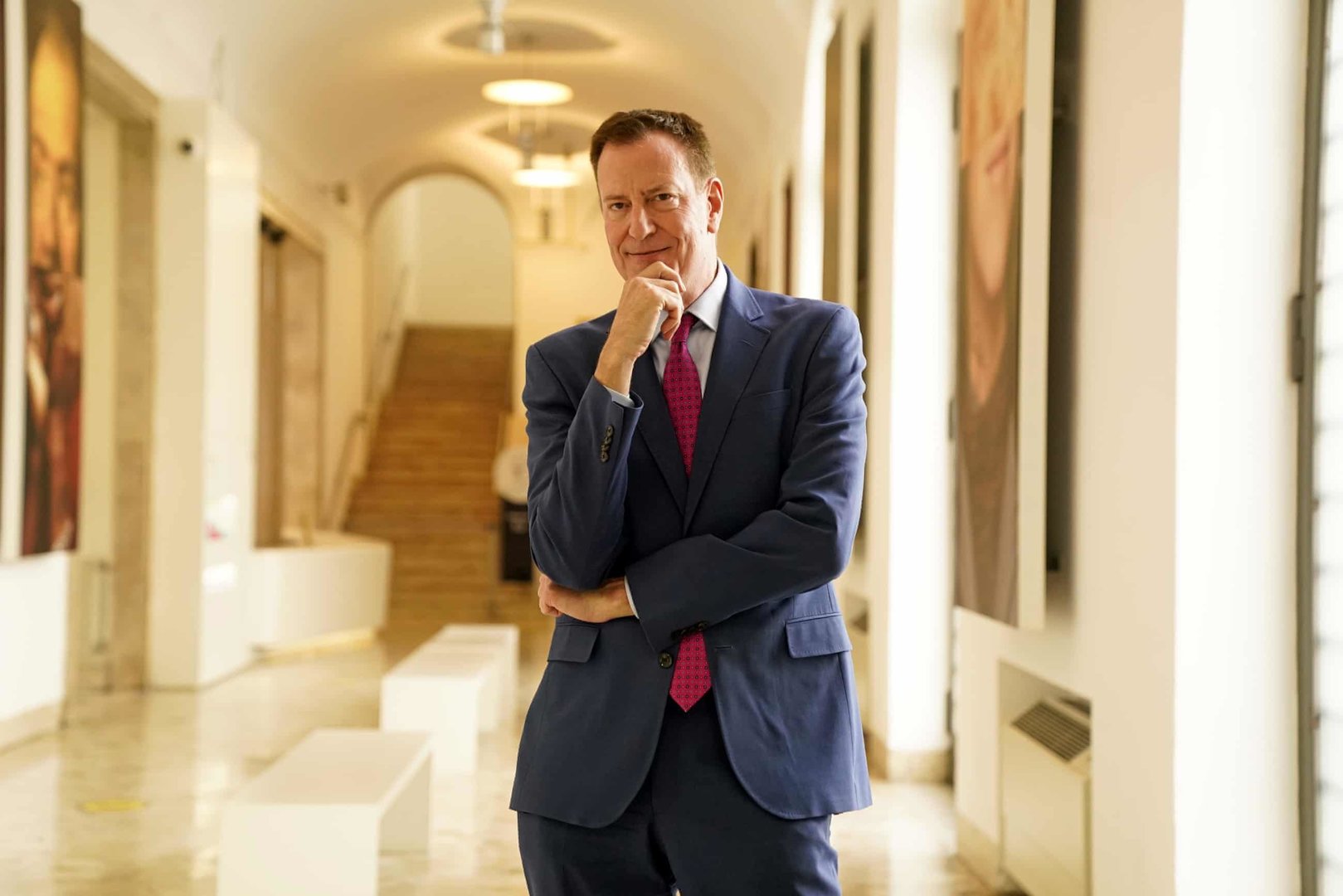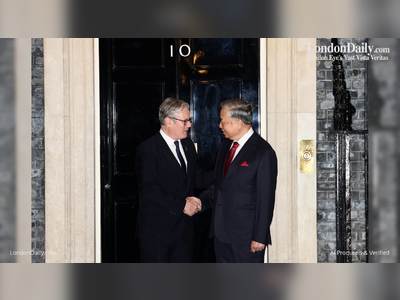
U.K. Newspaper Retracts Interview After Imposter Quoted as de Blasio
The Times of London removed an article following a false interview attributed to former New York City mayor Bill de Blasio criticising Zohran Mamdani’s mayoral platform.
A major breach in journalistic standards unfolded this week when a British newspaper, the Times of London, published and then swiftly retracted an article claiming former New York City mayor Bill de Blasio had criticised mayoral candidate Zohran Mamdani’s policy agenda.
According to de Blasio’s statement, he never spoke to the publication, never made the quoted remarks and remains a supporter of Mamdani’s vision.
The Times acknowledged that its reporter had been “misled by an individual falsely claiming to be the former New York mayor” and issued an apology before deleting the piece.
The original article featured purported quotes from “de Blasio” suggesting he no longer supported Mamdani’s progressive platform and had grave doubts about its cost estimates — a stunning reversal given his public endorsement of the candidate.
Instead, subsequent investigation revealed the interviewee was a Long Island wine-importer named Bill DeBlasio who responded to the reporter’s outreach and admitted to using an AI-assisted reply styled as though it were the former mayor’s voice.
The Times said it had failed to verify the person’s identity adequately before publication.
The incident has triggered scrutiny of verification processes in the media, particularly in the age of artificial intelligence.
De Blasio called the episode “an absolute violation of journalistic ethics” and demanded the removal of the article, reiterating his support for Mamdani and his platform.
Meanwhile, the Times is under pressure to explain how basic checks — including confirmation of his identity and voice recording or face-to-face interview — were overlooked.
The episode arrives at a delicate moment in New York’s mayoral race, with Mamdani holding a leading position in the polls ahead of the upcoming election.
The erroneous article, published just days before votes are cast, underscored how flawed intelligence or impersonation can disrupt public discourse.
Observers say it also serves as a cautionary tale for newsrooms globally: in an era of deepfakes and AI-generated text, verifying the human on the other end of a byline is no longer optional but essential.
According to de Blasio’s statement, he never spoke to the publication, never made the quoted remarks and remains a supporter of Mamdani’s vision.
The Times acknowledged that its reporter had been “misled by an individual falsely claiming to be the former New York mayor” and issued an apology before deleting the piece.
The original article featured purported quotes from “de Blasio” suggesting he no longer supported Mamdani’s progressive platform and had grave doubts about its cost estimates — a stunning reversal given his public endorsement of the candidate.
Instead, subsequent investigation revealed the interviewee was a Long Island wine-importer named Bill DeBlasio who responded to the reporter’s outreach and admitted to using an AI-assisted reply styled as though it were the former mayor’s voice.
The Times said it had failed to verify the person’s identity adequately before publication.
The incident has triggered scrutiny of verification processes in the media, particularly in the age of artificial intelligence.
De Blasio called the episode “an absolute violation of journalistic ethics” and demanded the removal of the article, reiterating his support for Mamdani and his platform.
Meanwhile, the Times is under pressure to explain how basic checks — including confirmation of his identity and voice recording or face-to-face interview — were overlooked.
The episode arrives at a delicate moment in New York’s mayoral race, with Mamdani holding a leading position in the polls ahead of the upcoming election.
The erroneous article, published just days before votes are cast, underscored how flawed intelligence or impersonation can disrupt public discourse.
Observers say it also serves as a cautionary tale for newsrooms globally: in an era of deepfakes and AI-generated text, verifying the human on the other end of a byline is no longer optional but essential.










